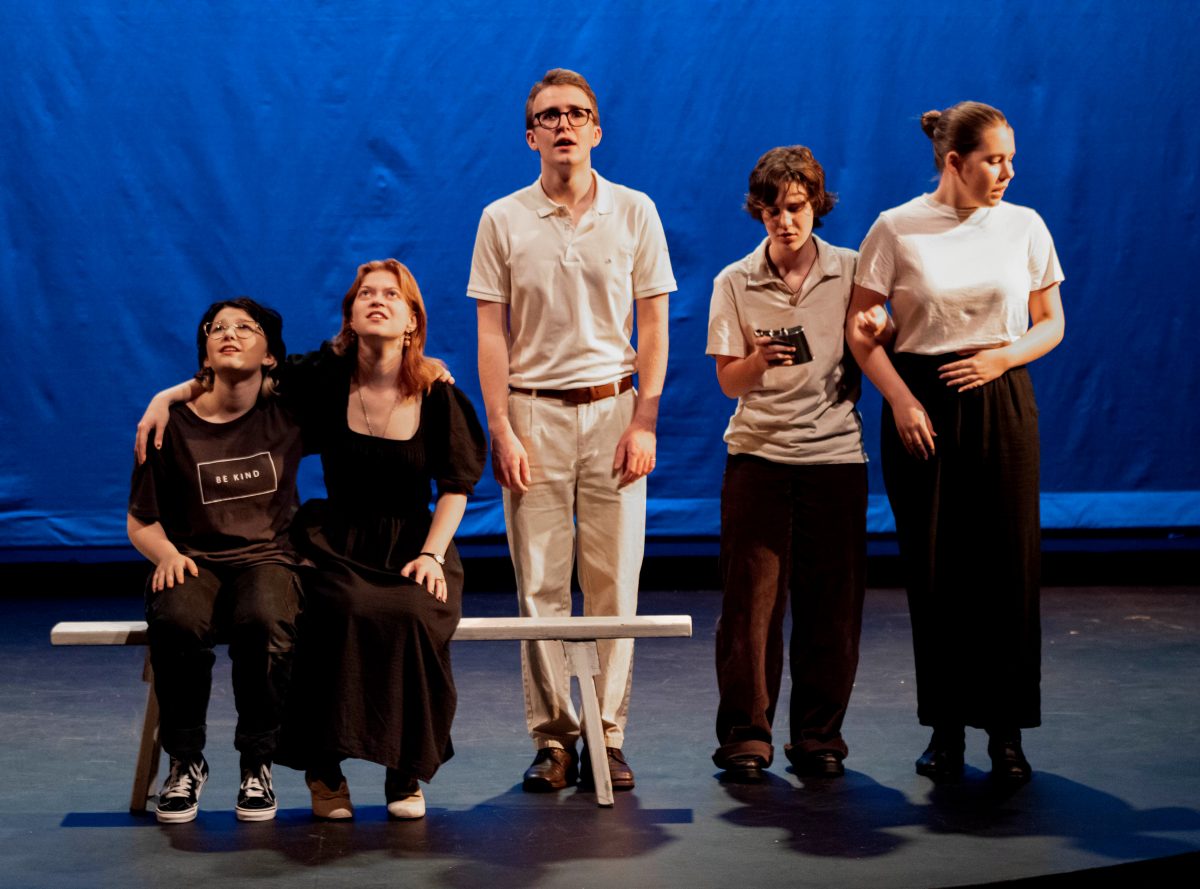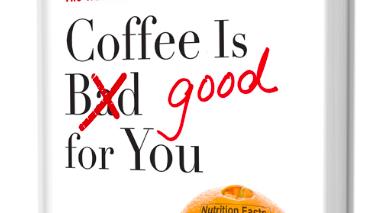Olivia Baker There’s nothing like the rush of caffeine to start another strenuous day of high school. Seemingly, the presence of caffeine in one’s morning routine is somewhat of a social convention— especially for high school students. Whether that be in the form of a latte, espresso, or herbal infusion, Latin students are die-hard suitors of the aforementioned norm. Whilst studying the effects of caffeine on cognitive performance in his Med Chem class, Mr. Choi decided to put his students— and himself— to the test. Before the 38 participants (split into two groups) lay several cups of Starbucks’ notorious iced coffee. Sizable amounts of these cups are decaffeinated. Others have 50mg of caffeine, and the remainder hold 100mg of caffeine. Hence, the caffeine levels range from zero, half, and full. The other variables, volume and sugar levels, are kept constant. No matter which one is chosen, each participant has an equal chance of acquiring one of the three different levels. Prior to their choosing, students completed a test to obtain a baseline: a Tower of Hanoi exercise. Their completion times were recorded and were kept for future comparison. Caffeine levels were then consumed subsequent to the first Tower of Hanoi activity. 30 minutes later, when the caffeine would “peak” in its impact, students were again asked to complete the same activity. Competition time was documented, and then compared to their baseline. One would assume that cognitive ability increased if caffeine entered blood flow. Mr. Choi, educated on the effects of caffeine on the brain, struggled not to obtain a preconception before the lab, mentioning “[he] wouldn’t be a good scientist if [he] had a preconceived notion of the outcome. That is why the study is DOUBLE blind, blind to the students and blind to [him], avoiding experimenter bias.” Indeed, that wasn’t even the focus of the lab, Mr. Choi claims. Rather, “did the half-caffeine or full-caffeine consumers get faster MORE than the decaf consumers got faster, to account for a placebo effect” seemed to be the correct approach. As it turns out, the results vary with disparities from each caffeine level. However, one thing is for certain: cognitive ability did increase as caffeine was consumed. Data from the experiment shows that participants, in both groups, experienced more of a decrease in their completion time with 50mg of caffeine, demonstrating about a -1.86% or -1.21% average decrease, respectively. Interestingly enough, the beverage with the second most decrease was the decaffeinated coffee, where participants hold a -1.38% or -0.94% average decrease. Last, but not least, was the fully caffeinated coffee. Participants solely experienced a -0.67% or -0.5% average decrease in their completion times. Oh, the irony. Lauren Zimmerman, a senior in Med Chem, describes the experiment as a reflection of the “competitive atmosphere and pressure students might feel” to consume coffee regularly. But, as we can see in the data, it’s not so much how much coffee you drink. Other factors come into play— caffeine levels, sugar levels, other substances within your drink, etc. Unavoidably, there is the placebo effect that doesn’t only prevail in coffee consummation. And, evidently, some of the participants experienced this belief, giving them somewhat of a “threat” to increase their cognitive aptness on the Hanoi activity. The latter is proven with the increase of ability in decaf drinkers. Disadvantages are also provoked in the placebo effect— perhaps fully caffeinated consumers contemplated drinking decaf, and kept their completion times were nearly constant as a result. Most importantly, however, is the fact that every body (and yes, I meant to disconnect the words) is different. A novice in the coffee world feels the effects of caffeine differently than a Venti-veteran at Starbucks. If there is one thing to take from this lab, it would obviously be the results. And, for Mr. Choi, the experience. “It was both insightful and fun to see how excited students were about learning about themselves and being a part of an experiment. There is always a lot of cross talk and sharing of previous experiences with coffee. During the drinking, some sip. Some chug. Some smile. Some cringe. Some spit out. All for science.” But, just remember— coffee doesn’t equal sleep. Sure, it can, on average, improve your cognitive performance. Though, everyone is different. As Lauren puts it, “we’ve learned that caffeine doesn’t make up for your lack of sleep, but basically reduces your feeling of being tired. This doesn’t mean you can allow yourself to sleep less. My advice to students would be to avoid using caffeine frequently and get some sleep! As a senior, I can tell you that it’s pretty impossible to do well if you don’t get a reasonable amount of sleep.” ]]>




































